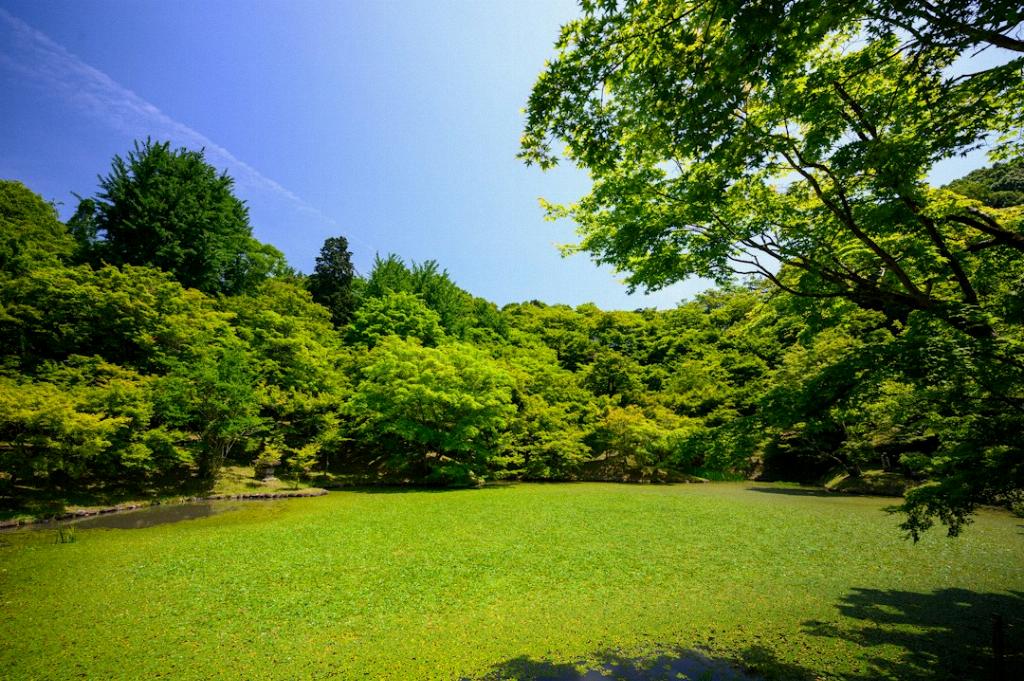Dealing with pee spots on your lawn can be frustrating, but don’t worry, there are ways to fix the issue and restore your grass to its former glory. One of the first steps you can take is to address the problem with water. By flushing the affected area with a generous amount of H2O, you can help dilute the urine and wash away the excess salts that can harm your grass.
Another helpful solution for fixing pee spots on your lawn is to consider adding gypsum to the affected area. Gypsum can help neutralize the acidic properties of the urine, making it less harmful to your grass. By incorporating gypsum into the soil, you can create a more hospitable environment for your grass to thrive and recover.
While water and gypsum are effective remedies for pee spots on your lawn, it’s important to be patient as you wait for your grass to bounce back. The recovery process may take some time, so it’s essential to give your lawn the care and attention it needs during this period. By providing proper maintenance and nurturing, you can help your grass recover and flourish once again.
Additionally, you may want to consider overseeding the affected areas to help promote new growth and fill in any bare spots left behind by the urine. By introducing fresh grass seeds to the damaged areas, you can encourage healthy regrowth and improve the overall appearance of your lawn.
It’s also crucial to address the root cause of the issue by identifying the source of the urine spots. Whether it’s from pets or wildlife, taking steps to deter animals from urinating on your lawn can help prevent future damage and maintain the health of your grass.
Regularly maintaining your lawn by mowing, watering, and fertilizing can also contribute to its overall health and resilience against pee spots. By keeping your grass well-nourished and cared for, you can create a strong and vibrant lawn that is more resistant to damage.
In some cases, reseeding the affected areas with a grass variety that is more resilient to urine damage can be a practical solution. By choosing a grass type that is better suited to withstand urine exposure, you can reduce the likelihood of pee spots and promote a healthier lawn overall.
Utilizing natural soil amendments, such as compost or organic fertilizers, can also help improve the soil quality and enhance the recovery process for your grass. By enriching the soil with essential nutrients and beneficial microorganisms, you can create a more balanced and fertile environment for your lawn to thrive.
Regularly aerating your lawn can help improve soil compaction and drainage, making it easier for your grass to absorb water and nutrients effectively. By allowing air, water, and nutrients to reach the grassroots, you can enhance the overall health and vitality of your lawn and reduce the likelihood of pee spots.
Creating designated potty areas for pets can help redirect their urine away from your lawn and minimize the risk of pee spots. By training your pets to use a specific area for urination, you can protect your lawn from damage and maintain a cleaner and healthier outdoor space.
Implementing proper lawn care practices, such as avoiding over-fertilization and excessive watering, can help prevent urine spots and promote the long-term health of your grass. By following a consistent lawn care routine and paying attention to the specific needs of your lawn, you can minimize the impact of pee spots and ensure a lush and green outdoor environment.
Overall, fixing pee spots on your lawn requires a combination of preventative measures, restoration techniques, and ongoing maintenance. By addressing the issue promptly, taking proactive steps to nurture your grass, and implementing effective strategies to deter urine damage, you can enjoy a resilient and beautiful lawn that is free from unsightly pee spots.

